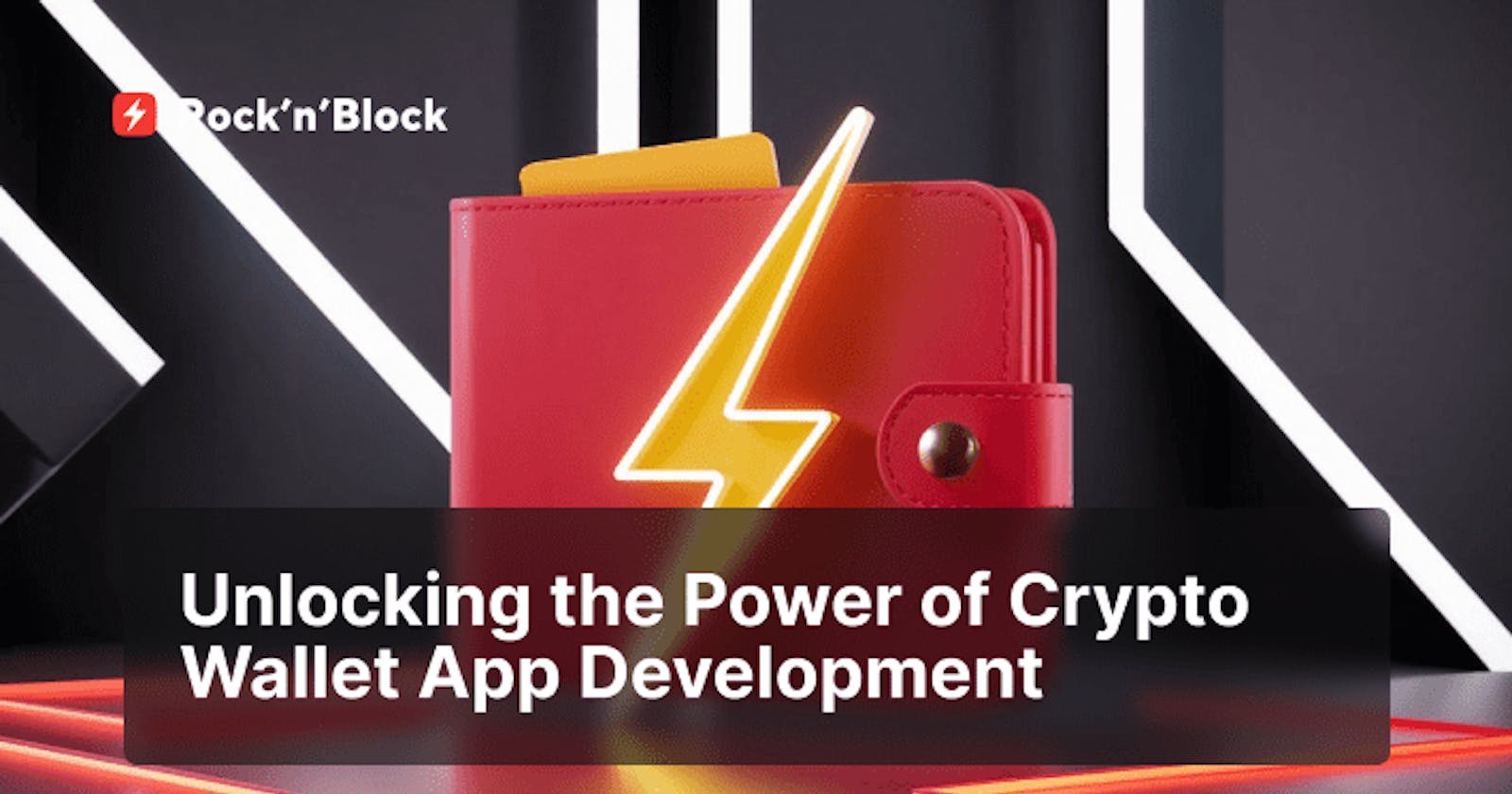Introduction to Crypto Wallets
Cryptocurrency wallets are digital tools for storing, managing, and transferring cryptocurrencies securely, using public and private key cryptography. They're like high-tech vaults for your digital coins, available as mobile apps, hardware devices, or paper wallets. As crypto popularity rises, understanding wallets is crucial for navigating this financial landscape. Let's dive in!
Types of Crypto Wallets
Understanding crypto wallet app development is vital for managing digital currencies securely. There are two main types: custodial and non-custodial.
1. Custodial Wallets:
- Managed by third parties like exchanges.
- Easy setup and recovery options.
- Lack of control and increased security risks due to centralization.
2. Non-Custodial Wallets:
- Users control their private keys and funds.
- Offers better security and privacy.
- Can be more complex to set up and use, with a risk of loss if keys are lost.
Features of a Successful Crypto Wallet App
To excel in crypto wallet app development, prioritize these key features:
1. Multi-Currency Support: Ensure compatibility with various cryptocurrencies to cater to diverse user preferences.
2. Two-Factor Authentication (2FA): Enhance security with multi-factor authentication methods.
3. QR Code Scanner: Simplify transactions by enabling users to scan QR codes for fund transfers.
4. Push Notifications: Keep users informed about account activities and transaction updates in real-time.
5. Transaction History and Reporting: Provide detailed transaction records and reporting tools for better financial management.
6. Address Book: Allow users to save and label cryptocurrency addresses for easier management.
7. Wallet Connect: Integrate Wallet Connect to facilitate interaction with decentralized applications.
8. Crypto Staking: Enable users to stake their cryptocurrencies directly from the wallet for earning rewards and contributing to network security.
Additionally, consider these fundamental features:
- Create Wallet: Enable users to generate new wallets securely within the app.
- Import Wallet: Support importing existing wallets for enhanced accessibility.
- Recover Wallet: Implement robust backup and recovery mechanisms for user confidence.
- Send/Receive/Buy: Facilitate seamless transactions, including sending, receiving, and buying cryptocurrencies.
Investing in these features will enhance user adoption, retention, and satisfaction in the competitive crypto wallet app market.
Types of Crypto Wallet App Development Services
The demand for secure and user-friendly wallet applications continues to surge, leading to the emergence of various crypto wallet app development services. Here's a breakdown:
Custom Crypto Wallet Development: Tailored solutions meeting specific branding, functionality, and security requirements, offering maximum flexibility.
Mobile Wallet App Development: Focuses on creating intuitive and mobile-friendly wallet apps for iOS and Android devices, offering features like QR code scanning and push notifications.
NFT Wallet Development: Specializes in creating wallets for storing and managing non-fungible tokens (NFTs), with features tailored to NFT characteristics and interactions.
DeFi Wallet Development: Optimizes wallet apps for interacting with decentralized finance (DeFi) protocols, enabling services like lending, borrowing, and trading directly from the wallet.
Web3 Wallet Development: Creates wallet apps supporting the Web3 paradigm, facilitating decentralized interactions on the internet through browser extensions or web-based interfaces.
Advantages of Crypto Wallet App Development
Embarking on crypto wallet app development presents project owners with numerous advantages and growth opportunities. Here's how:
Diverse Monetization Strategies:
- Transaction Fees: Implement fees for sending or receiving cryptocurrencies.
- Premium Features: Offer advanced functionalities for a fee or through subscription models.
- Token Sales and ICO Launchpad: Host token sales or ICOs, earning commissions or hosting fees.
- Advertisement Partnerships: Display targeted ads for revenue or affiliate commissions.
- Integration Partnerships: Collaborate with third-party services for revenue sharing or referral commissions.
Enhanced User Engagement and Loyalty:
- Offer intuitive interfaces and innovative features to attract and retain users.
- Regular updates, educational content, and community initiatives foster loyalty.
Competitive Differentiation:
- Stand out by offering unique features, tailored experiences, and innovative functionalities.
- Address specific pain points in the crypto ecosystem to attract users seeking solutions.
Ecosystem Expansion and Partnerships:
- Integrate with DeFi protocols, NFT marketplaces, or emerging blockchain networks to enhance functionality.
- Collaborate with exchanges, payment processors, or financial institutions for user acquisition and revenue sharing.
Crypto wallet app development offers project owners more than just transactional benefits. It also provides opportunities for monetization, increased user engagement, competitive differentiation, and ecosystem expansion. Leveraging these advantages enables project owners to unlock new revenue streams, build loyal user communities, and stay ahead in the rapidly evolving landscape of blockchain technology.
Conclusion
Navigating crypto wallet app development offers a range of options, each with unique advantages. Cold wallets provide secure offline storage, while hot wallets offer online convenience. Project owners must assess priorities and user needs to choose the right solution.
Partnering with a reputable company like Rock'n'Block streamlines development and enhances product quality and security. With expertise and innovation, Rock'n'Block delivers tailored solutions for the evolving cryptocurrency market, ensuring successful app development.
